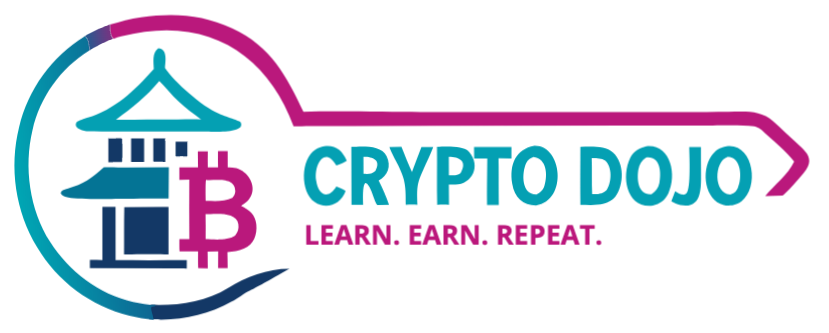Key Takeaways
- SEC launches Project Crypto: The initiative introduces new guidelines for regulating digital assets, including Ethereum, emphasizing transparency and consumer protection.
- Ethereum price rises on regulatory clarity: After the SEC’s announcement, Ethereum’s market price increased as investors responded to reduced regulatory uncertainty.
- Framework addresses smart contracts: Project Crypto outlines oversight for smart contract technology, with implications for DeFi governance.
- Legal standards for ‘code is law’ debated: By specifying legal criteria for automated protocols, the framework addresses disputes about whether code alone can serve as financial law in decentralized systems.
- Public consultation begins next month: The SEC will seek feedback from crypto developers, investors, and the public before finalizing the framework.
Introduction
Ethereum’s price rose on Wednesday after the U.S. Securities and Exchange Commission announced Project Crypto, a framework providing new guidelines for regulating digital assets and smart contracts. With aims to clarify oversight of DeFi protocols and address debates over the principle of “code is law,” the SEC seeks to bring greater regulatory clarity to the crypto sector. Public consultation on the framework is scheduled to begin next month.
What Is the SEC’s Project Crypto Framework?
The Securities and Exchange Commission has introduced Project Crypto, establishing guidelines for blockchain platforms and decentralized applications. The framework specifically addresses how smart contract technology aligns with existing securities laws.
SEC Commissioner Helen Adams stated that the framework aims to balance innovation with investor protection. Adams emphasized the agency’s recognition of blockchain’s transformative potential alongside the need for appropriate regulatory boundaries.
Project Crypto organizes blockchain-based activities into three categories: pure technological protocols, financial services applications, and hybrid systems. This classification directly engages with the “code is law” debate by acknowledging that smart contracts can be both technical and financial in nature.
Stay Sharp. Stay Ahead.
Join our Telegram Group for exclusive content, real insights,
engage with us and other members and get access to
insider updates, early news and top insights.
 Join the Group
Join the Group
Impact on Ethereum and Smart Contract Platforms
Ethereum’s ecosystem is expected to benefit from new regulatory clarity, especially concerning smart contract development and deployment. The framework directly acknowledges smart contracts as technological tools while defining when their use may constitute financial services.
Operators of platforms must now implement transparency measures when smart contracts govern user funds. Requirements include clear code documentation, ongoing security audits, and full disclosure of governance mechanisms.
Developers now receive concrete guidance on compliance. Blockchain attorney Mark Stevens of Wilson & Partners noted that the framework provides a practical roadmap for building compliant DeFi applications.
Market Response and Industry Reaction
Major cryptocurrency exchanges responded positively to the regulatory clarity. Coinbase CEO Brian Armstrong described it as a significant step toward mainstream adoption of decentralized finance.
Institutional investors, including BlackRock’s digital asset division, increased their interest in the sector, citing the framework as a crucial factor in enabling institutional participation in DeFi markets.
The Ethereum Foundation affirmed their intention to collaborate with regulators. Spokesperson Sarah Chen stated that the framework reflects regulators’ evolving understanding of blockchain technology.
Implementation Timeline and Requirements
The SEC established a phased approach for implementing Project Crypto. Platform operators have 180 days to comply with the new guidelines.
Key compliance deadlines are:
- Immediate registration for new DeFi platforms
- 90 days for updating smart contract documentation
- 120 days for completion of initial security audits
A dedicated technical assistance unit has been established by the commission to support developers in meeting compliance requirements. This team will provide guidance throughout the transition and assess technical implementations.
Conclusion
The SEC’s Project Crypto framework offers Ethereum and similar platforms long-awaited regulatory clarity, providing clear rules for both technological and financial applications of smart contracts. This development reassures market participants and signals broader mainstream engagement with decentralized finance. What to watch: key rollout milestones include DeFi documentation updates at 90 days, initial security audits by 120 days, and full compliance within 180 days.





Leave a Reply